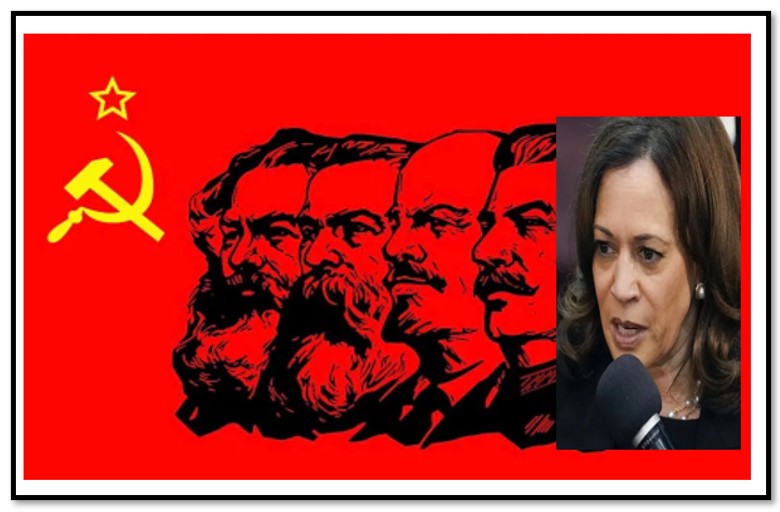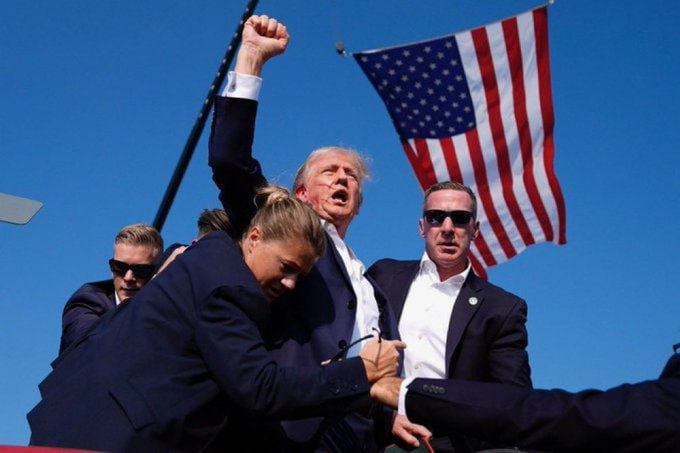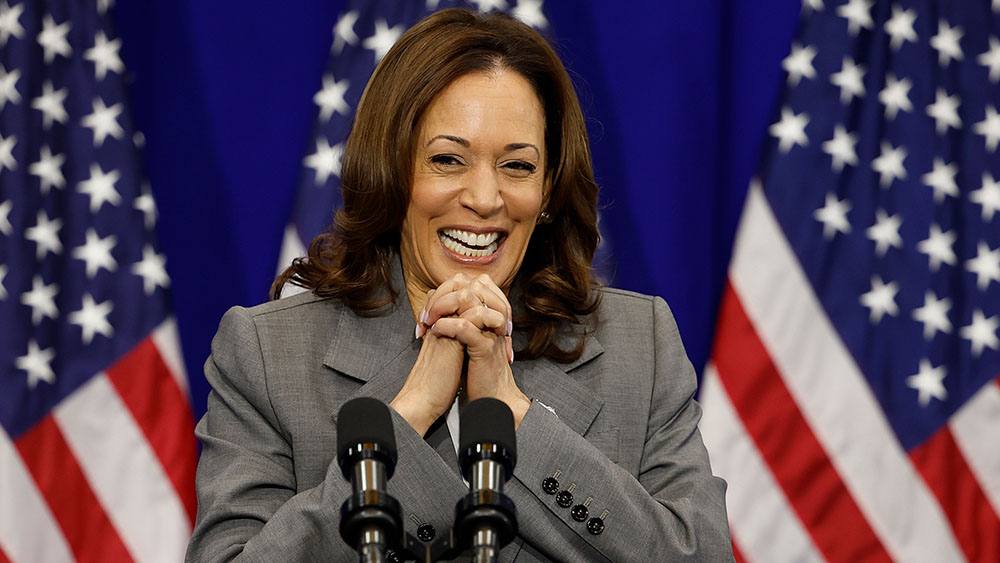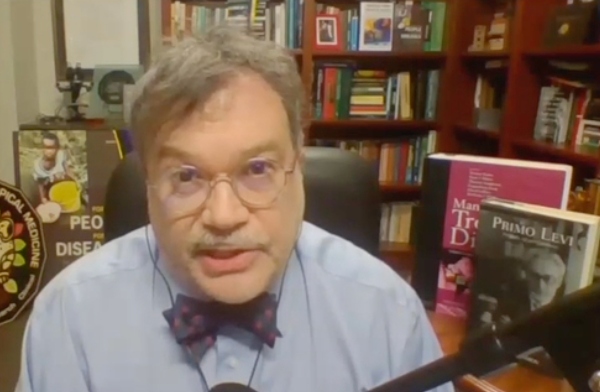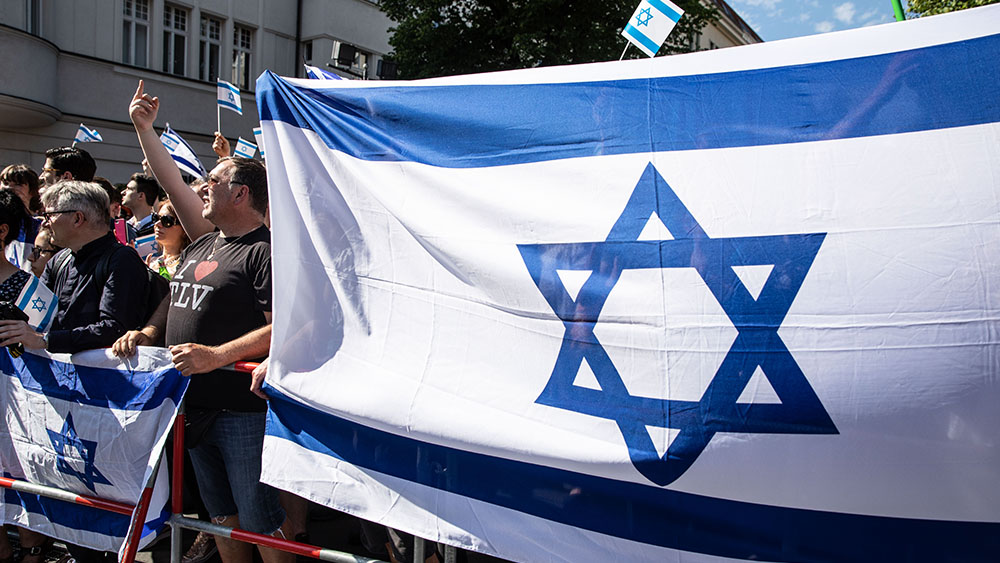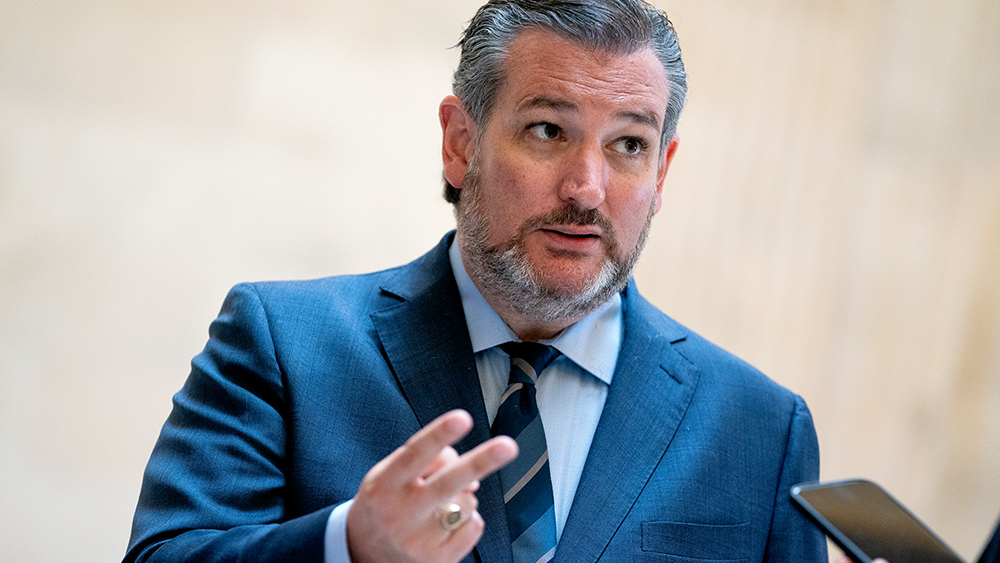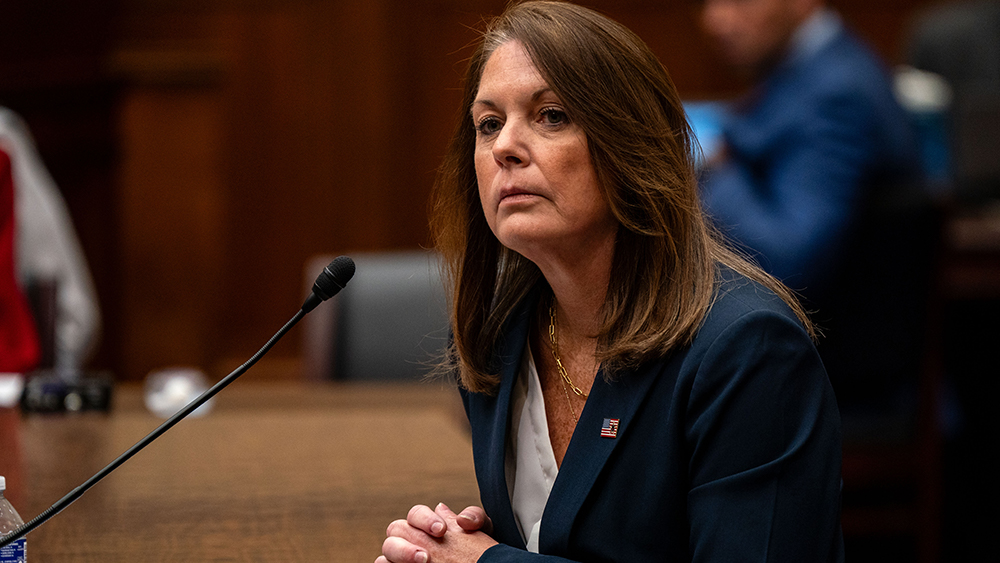Senior U.S. State Department official says India will NEVER be an ally of America
08/05/2024 / By Ramon Tomey

A senior official in the U.S. Department of State has remarked that India will never be an ally of the United States.
U.S. Deputy Secretary of State Kurt Campbell made this pronouncement during a July 30 hearing of the Senate Foreign Relations Committee. He told senators that India “will never be a formal ally or partner in the U.S.,” but quickly added that New Delhi is “probably the most important relationship for the U.S. to get right.”
Campbell emphasized that maintaining good relations with India is strategically important – noting that the Indian diaspora in the U.S. is a powerful connection. “It doesn’t mean that we cannot have the strongest of possible relationships as allied nations on the global stage,” he said.
The second-highest official at the State Department highlighted India’s desire to be an independent state. “The hardest thing to keep in mind is that India is also a great power,” he told the senators. “It has its own beliefs, its own interests.”
Campbell also lauded New Delhi’s efforts to “play a responsible role globally,” and shared his expectation of India to engage more directly in Ukraine.
Indian Prime Minister Narendra Modi visited Russia last month, holding discussions with Russian President Vladimir Putin on a myriad of issues in what he described as a “homely atmosphere.” The Indian leader later said his dialogue with Putin yielded “very interesting ideas” and “completely new views.”
However, Modi’s visit to Russia didn’t sit well with the West. The White House was reportedly “frustrated” at the Indian prime minister’s visit to Moscow, as it coincided with the North Atlantic Treaty Organization’s (NATO) summit in Washington, D.C. – coinciding with the group’s 75th anniversary.
Washington pissed off by close Moscow-New Delhi ties
According to Russia Today (RT), “India has resisted Western pressure to distance itself from Moscow since the start of the Ukraine conflict, citing its long-standing relationship with Russia.” New Delhi has responded to criticism from Washington and its allies, stressing the need to maintain its strategic autonomy.
Following his trip to Russia, Modi is also reportedly planning a visit to Kyiv later this month. Indian Foreign Minister Subrahmanyam Jaishankar said on July 20 that there would be “more contact” between New Delhi and Kyiv, not just with Moscow.
The Khmer Times reported that Ukrainian President Volodymyr Zelensky did not take too kindly to news of Modi’s two-day visit to Russia. The comedian-turned-president took to X to issue his denouncement, calling the move a “huge disappointment” and a “devastating blow to peace.” New Delhi sought clarification over Zelensky’s remarks, while the Kremlin maintained that the Ukrainian leader “lacks legitimacy,” the outlet added.
Aside from Campbell, other U.S. officials reacted to Modi’s visit to Russia. Eric Garcetti, U.S. ambassador to Russia, reacted to the trip without mentioning Moscow. According to the ambassador, there was “no such a thing as strategic autonomy” – something Modi claimed he was maintaining during his visit.
Michael Kugleman, director of The Wilson Center’s South Asia Institute, gave an alternative explanation as to why the U.S. is incensed with Modi’s visit to Russia. “[Washington] does not want its allies and partners engaging with, much less embracing, Putin,” he said. (Related: Vladimir Putin’s Russia: Perfect foil to the Anglo-American Axis and their New World ‘Order.’)
Kugelman continued that the U.S. worries about New Delhi’s continued engagement with Moscow “because of all the Russian military equipment and technology in the Indian defense sector at a time when there is an increasing supply of sensitive U.S. defense equipment and technology flowing into that same sector.” Such a development, he continued, has “problematic” national security implications for Washington.
Watch this video about India buying more Russian oil.
This video is from the InfoWarSSideBand channel on Brighteon.com.
More related stories:
Russia to increase oil supplies to India under new deal.
Russian political scientist warns: The world is “on the edge of an abyss.”
Sources include:
Submit a correction >>
Tagged Under:
big government, chaos, conspiracy, Dangerous, department of state, foreign relations, India, Kurt Campbell, Narendra Modi, national security, new world order, Resist, Russia, strategic autonomy, Ukraine, United States, Vladimir Putin, White House, WWIII
This article may contain statements that reflect the opinion of the author
RECENT NEWS & ARTICLES
COPYRIGHT © 2017 RESIST NEWS


